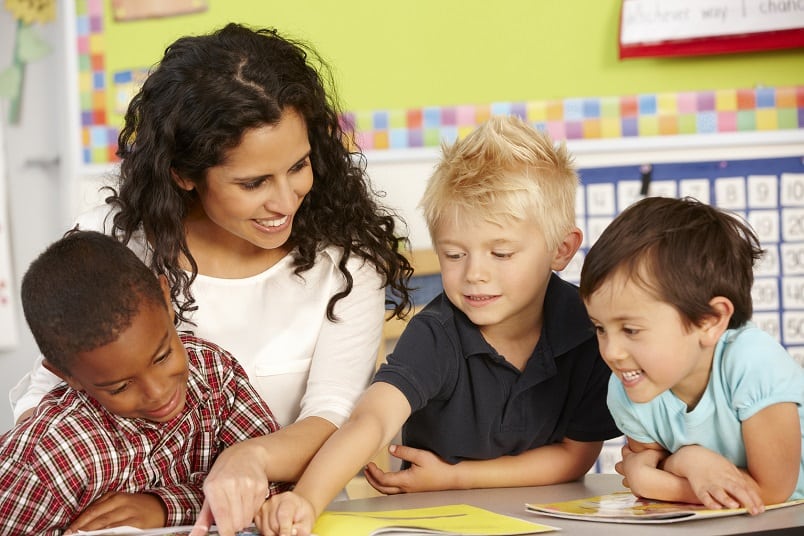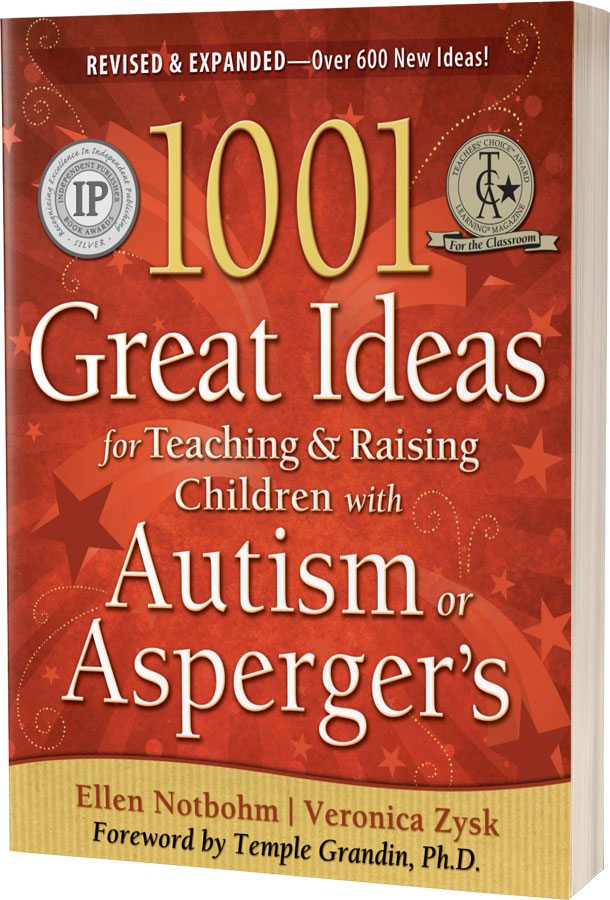Children with autism love absolutes, and one of life’s absolutes is that everyone makes mistakes. It’s the degree, the nuance, the scale, the gradation of these mistakes that confounds the child with autism. But autism is often characterized by the ability to generalize. To this child’s concrete, black-and-white thinking, each mistake or failing stands as his and his alone, and comes in only one size: enormous. Imagine the monumental anxiety this creates for him. We all make dozens of little mistakes throughout our day, so many that we likely are not even fully conscious of the smaller ones. We dribble coffee on the counter, let the shower curtain drip on the floor, smudge lipstick, can’t find our keys, step on the cat’s tail. Most of the time you take all this in stride and don’t miss a beat—while your autistic child is upstairs melting down because he squeezed the toothpaste too hard and it’s all over his hand or shirt or sink now.
Fear of failure can paralyze your child. You can draw him out of his fear by instilling the understanding that everyone makes mistakes, and that everyone needs help. Modeling both of these behaviors makes it real for him.

Everyone makes mistakes. Most of our mistakes are small, correctable and have few lasting consequences. Point out your small mistakes to your child or student and label them as No Big Deal. We wipe the counter, we change our shirt, we pet the cat, we move on.
At school, there’s another word for mistake when we misspell a word or get the math problem wrong: practice. Practice is an important part of the education process, and missed spelling words and math problems are No Big Deal, they simply mean we’re learning.
Sometimes another word for mistake is accident. We can’t always control how things happen, and most accidents are No Big Deal. If we have an accident that affects someone else, it’s usually easy to make amends. “I’m sorry I bumped you and spilled your juice. I’ll clean it up and pour you some more.”
Everyone needs help. Asking for help is a life skill that needs to be taught from earliest childhood. Make it a point to ask your child or student for help throughout daily life. You can also:
- Ask other adults to ask him for help; enlist siblings and peers as well.
- Point out the many instances during his day where adults and kids ask each other for help. When did Dad need help? When did Kate or Henry need help? When did the teacher need help?
- Help your child think of people he trusts whom he can ask for help—parent, teacher, sibling, friend.
- Help your child think of different ways to ask for help, either with his words, or with pictures or cue cards. Have him practice “I need help, please” or “I don’t get it” or “Can you say that again, please?”
- Set up a help exchange, at home and/or in the classroom. Family members or students write down something (non-immediate) with which they need help. All the ideas go into a box. Either randomly or at set times, a slip gets pulled from the box and read aloud. Family or classmates discuss ways in which they can help their family member or peer. The help exchange can be anonymous or not, as appropriate.
- A classroom visual depicting different ways to ask for and receive help benefits all students, not just the ones with autism. A peer buddy system in the classroom encourages classmates to ask each other for help in a relatively private way.
Your child or student may initially have difficulty asking for help. Many students don’t know how, and many don’t want to, fearing they will “look dumb.” Teaching them to ask for help is a self-advocacy skill that will become increasingly necessary as they grow into high school, college, the workplace, and interpersonal relationships throughout life. With encouragement and practice, they can come to understand that asking for help is not a sign of weakness, but just the opposite. It’s a sign of strength that when we have enough confidence in ourselves to seek out people who can help us be and do better.
*
 Adapted from 1001 Great Ideas for Teaching and Raising Children with Autism or Asperger’s by Ellen Notbohm and Veronica Zysk (2010, Future Horizons). Silver Medal winner, Independent Book Publishers Awards.
Adapted from 1001 Great Ideas for Teaching and Raising Children with Autism or Asperger’s by Ellen Notbohm and Veronica Zysk (2010, Future Horizons). Silver Medal winner, Independent Book Publishers Awards.

Thank you so much for this insight.